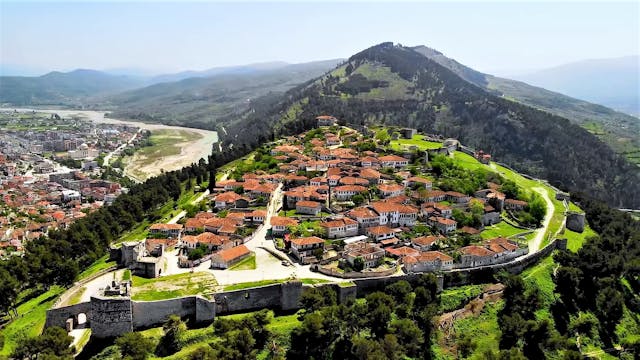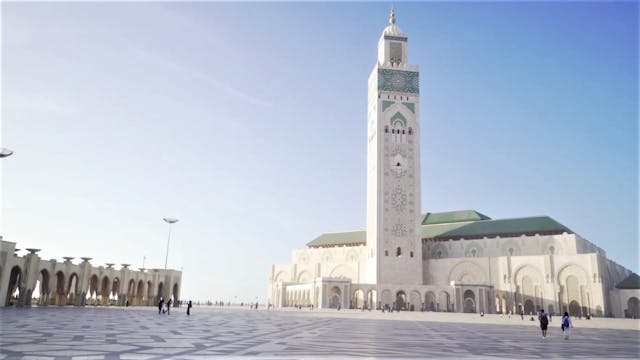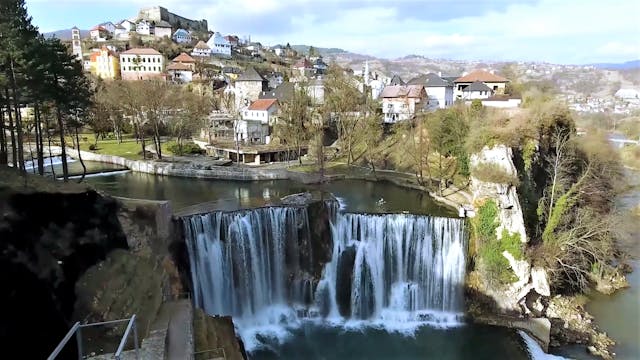Delhi, a historic city located in northern India with a rich and diverse cultural heritage shaped by various religions, including Islam. The city has been the capital of various Islamic dynasties, such as the Mughals and the Delhi Sultanate, which have left a lasting impact on the city's architecture, art, and culture.
One of the most significant Islamic landmarks in Delhi is the Jama Masjid, which is one of the largest mosques in India and was built by Mughal Emperor Shah Jahan in the 17th century. Other notable Islamic structures in Delhi include the Qutub Minar, a towering minaret built by the Delhi Sultanate in the 12th century, and the Red Fort, a sprawling complex built by the Mughal Emperor Shah Jahan in the 17th century.
Islamic culture has also influenced Delhi's food, clothing, and language, with dishes such as biryani and kebabs being popular in the city. Urdu, a language with strong Islamic roots, is also widely spoken and celebrated in Delhi, with various Urdu poetry and literature festivals held in the city.
Overall, Delhi's rich Islamic heritage has played a significant role in shaping the city's identity and continues to be an important aspect of its cultural fabric.
Up Next in Season 1
-
Cities of Faith | Tirana, Albania
Tirana is the capital and largest city of Albania, a country with a majority Muslim population. Islam has played a significant role in Albania's history and culture, and this influence is evident in Tirana's many mosques and Islamic landmarks.
One of the most notable Islamic landmarks in Tirana ...
-
Cities of Faith | Rabat, Morocco
Rabat is the capital city of Morocco and an important cultural and historical center for Islam in the region. The city is home to numerous Islamic landmarks, including the Hassan Tower, a minaret that was built in the 12th century but was never completed, and the Mausoleum of Mohammed V, the fina...
-
Cities of Faith | Sarajevo, Bosnia He...
Sarajevo is a city located in Bosnia and Herzegovina that has a rich Islamic history. The area was originally settled by the Illyrians in ancient times, but it was during the Ottoman Empire that Sarajevo became an important center of Islamic culture and learning.
During the Ottoman period, which...



